Why do we celebrate Infantry Day?
|
Since the year when we became independent, in 1947, India celebrates October 27 as the National Infantry Day. The day is observed in remembrance of the first-ever military event of Independent India. It was on this day in 1947 when newborn India had to defend herself from an invasive attack from the Pakistani counterpart in the Kashmir valley, just a few months after her independence. The First Battalion of the Sikh Regiment was capable of bringing home victory.
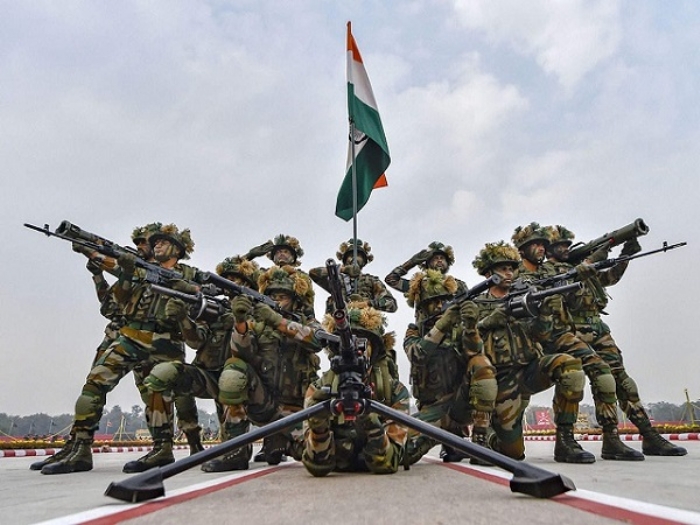
Even if we exclude the technicalities, most of us don't really know what an infantry division is, which is pretty sad. To have an army which ranks fourth in the world and not know what infantry is seriously sad. So first let us understand what infantry is. Infantry comprises of the soldiers who function on foot in a battle, confrontation or war. Distinguished from cavalry where soldiers are warring while they are riding a horse and Artillery, which comprises of weapons built to launch munition beyond the range of infantry soldiers, the soldiers engaged in the infantry division of the army are the most in numbers. Hence, the Indian army is largely dependent on the Infantry division.
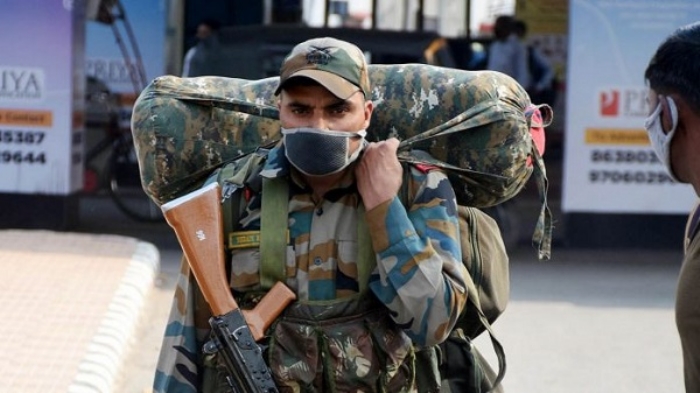
Since the infantrymen largely depend on their own mobility for their action against the enemy, their military kit is also designed in a similar manner, to facilitate them to tackle every sudden situation. Each infantryman's 'military kit' includes combat boots, combat uniform, camping gear, heavy weather gear, survival gear, secondary weapons and ammunition, weapon service and repair kits, health and hygiene items, mess kit and rations, water containers, and all other consumables that each infantryman needs for the expected duration of time operating away from their unit's base, including any special mission-specific equipment.
What exactly happened on Oct 27, 1947?
When India became independent, not all the states that India comprises of today were a part of the country. There were few Princely states which were never directly under the British rule, therefore, their decision to whether join India or Pakistan after the partition was completely dependent on what their Kings or Nawabs decide for them. The state of Jammu and Kashmir was one such Princely state which had decided to remain independent of both the nations, under self-rule, without being a part of either of the nations. India respected this decision of the Maharaja of Jammu and Kashmir. However, Pakistan seemed desperate for Kashmir to become a part of their nation.
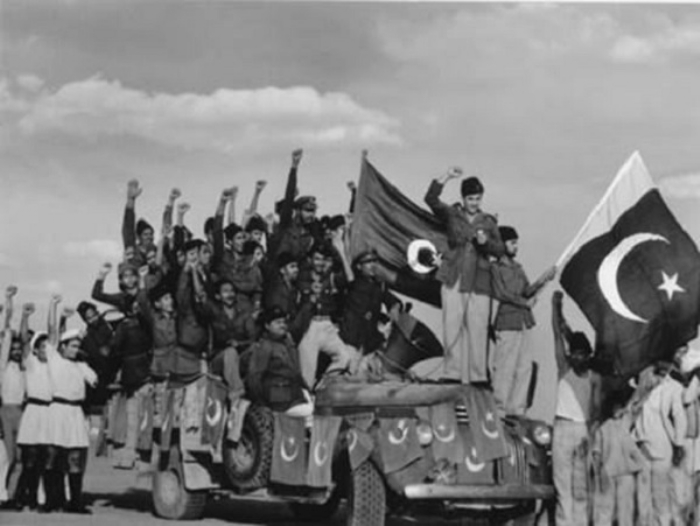
It was since then that Pakistan desperately wanted Kashmir to be on their side, either by hook or crook. The Pakistani army unified the mountainous tribes in their region and sent them for a barbaric invasion in Kashmir, while the state was still under self-rule. The conditions got only worse and the tribal invaders intruded in extreme interiors of the state and had reached almost until Baramulla. Maharaja Hari Singh could literally see that based on independent power there was no possibility of securing the people of his state from the terror of the invaders. At that time, the Maharaja sought help from India and believed that it was only India that could provide him and his people with potential security from the invasion.
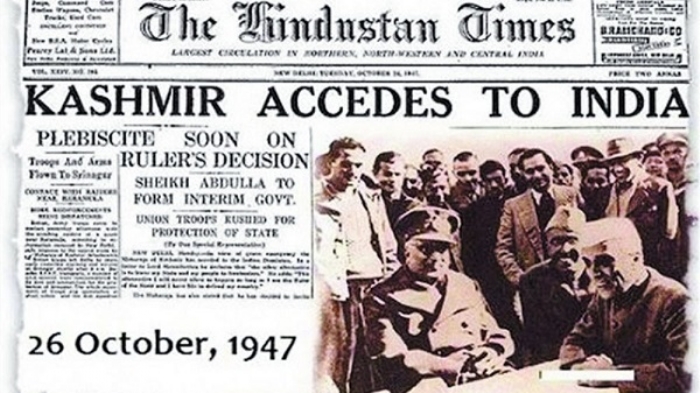
The Maharaja signed the instrument of accession on late Oct 26, 1947, and the entire state of Jammu and Kashmir, including today's Pakistan, Occupied Kashmir, became a part of India. The Governor-General of India, Lord Mountbatten, accepted it on the next day and as it was promised to the Maharaja, Indian army arrived in Kashmir to tackle the situation.
The first Indian battalion which was rushed to Srinagar by air was 1 Sikh, commanded by Lt Col Dewan Ranjit Rai. The battalion was informed late at night on October 26 to move to Palam airport in New Delhi for being airlifted to Srinagar airfield the next morning. Shortly after sunrise, the Dakota aircraft took off with first Indian infantry soldiers and a battery of artillery troops into Kashmir.
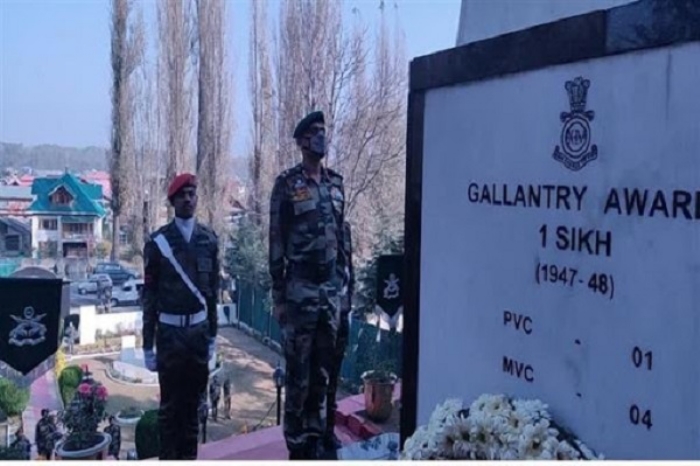
The arrival of the Indian army at Srinagar was at a very crucial time. If 1 Sikh had not been airlifted into Srinagar on time, then the airfield would have fallen into the hands of Pakistani invaders. With the road link extremely tenuous, this would have meant that getting Indian troops into Srinagar would have been a time-consuming task and would have given ample opportunity to Pakistan to reinforce its invaders through the air and thus occupying the Kashmir valley.
Lt Col Dewan Ranjit Rai first secured the Srinagar airfield and then rushed towards Baramulla to take on the invaders to stop them and he was able to delay the advance of the invaders towards Srinagar. The Indian army had accomplished the task in hand and potentially secured Kashmir from the threat of Pakistani invaders. In order to honour the vital work of infantry in this war, the day of Oct 27 is celebrated every year as Infantry Day.
- Himali Nalawade